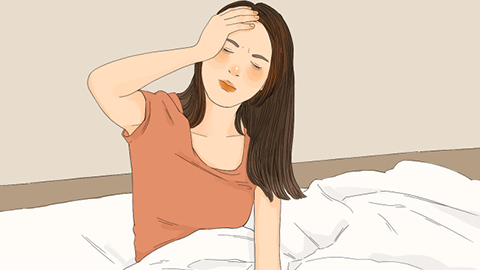How is autoimmune liver disease treated?
Generally, autoimmune liver disease is often related to factors such as genetic inheritance and environmental influences. It is recommended to promptly adopt appropriate dietary habits, regular rest patterns, medication, acupuncture treatment, and liver transplantation as necessary. If discomfort occurs, timely medical attention is required. A detailed explanation is as follows:

1. Balanced Diet
Inappropriate dietary habits are major causes of autoimmune liver disease, such as long-term alcohol consumption and eating spicy or irritating foods. Therefore, patients should maintain a light and nutritious diet, avoid consuming spicy or irritating foods regularly, strictly abstain from alcohol, and avoid consuming foods containing alcohol.
2. Regular Rest Patterns
Long-term irregular rest patterns and frequent late nights may increase the risk of autoimmune liver disease. Thus, patients are advised to ensure sufficient daily sleep, aiming for 8-10 hours per day, to help reduce the burden on the liver and aid in the treatment of autoimmune liver disease.
3. Medication
Upon diagnosis of autoimmune liver disease, timely medication under a doctor's guidance is required, such as Azathioprine tablets, Silybinin葡甲胺 tablets, and Hepatoprotective tablets. These medications can suppress immune system activity, reduce immune responses, and minimize liver damage.
4. Acupuncture Treatment
In traditional Chinese medicine, autoimmune liver disease falls under the category of jaundice. The treatment principle involves clearing dampness and pathogenic factors. Under a doctor's guidance, acupuncture at points such as Zusanli (ST36), Guanyuan (CV4), and Taichong (LR3) may be performed to help the liver detoxify and reduce its workload.
5. Liver Transplantation
If autoimmune liver disease progresses rapidly and involves liver damage or liver failure, timely surgical intervention, such as liver transplantation, is recommended according to medical advice. This treatment involves transplanting a healthy liver into the affected area.
After diagnosis with autoimmune liver disease, it is recommended to promptly develop an appropriate treatment plan based on individual circumstances. During treatment, regular follow-ups are necessary to adjust the treatment plan timely according to recovery progress.







